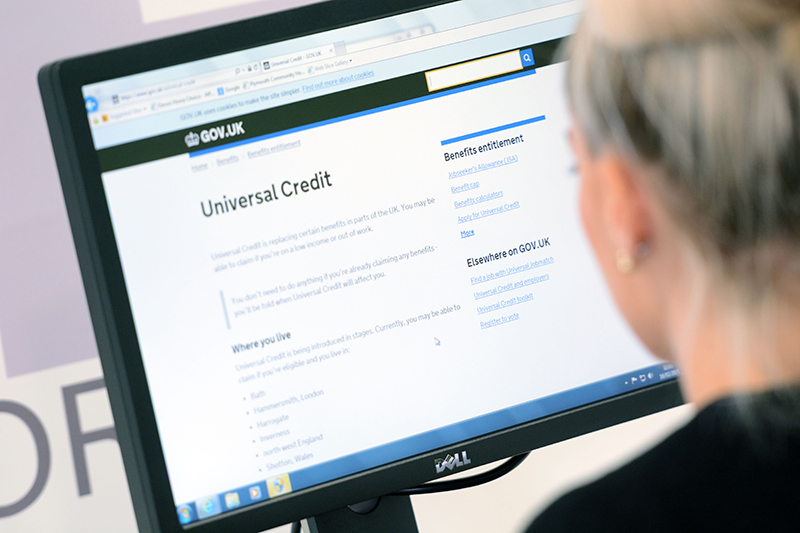Universal Credit claimants suspected of £150m advances fraud
The Department for Work and Pensions (DWP) has identified nearly 100,000 Universal Credit claimants that it suspects may have claimed an advance fraudulently, the National Audit Office (NAO) said today.

In total, these advances are worth an estimated £100-£150 million, a report by the spending watchdog has indicated.
The DWP detected increased levels of suspected fraud soon after it first allowed people to apply for advances online in July 2018. Prior to this change, claimants could only apply for advances over the phone or in person.
The number of suspected fraudulent cases peaked at over 15,000 a month in July 2019 but then dropped significantly from September 2019, down to just over 2,000 a month by December 2019. This reduction followed the introduction of a requirement to attend a face-to-face interview before receiving an advance, which the DWP believes has been highly effective in combating fraud.
The DWP told the NAO that the primary objective of enabling online-only applications for advances in the first place was to alleviate hardship faced by claimants during the first assessment period (the five-week wait for their first Universal Credit payment). It also wanted to save an estimated £21m a year by reducing the staff time involved in processing manual claims.
The DWP added that while it was aware of the risk of fraud when it decided to make advances available online, it could not provide any evidence that it had considered the risk of fraud when deciding to do so.
By December 2019 fraud investigators had taken an initial look at around a third of the almost 100,000 suspected cases of advances fraud. On this basis, the DWP suspects nearly all the almost 100,000 cases identified to be fraudulent. By the end of December 2019, the DWP had imposed £1m of administrative penalties to over 4,000 individuals and six cases have resulted in a court sentence.
The DWP said it continues to work through the remainder of the 100,000 cases. However, work by the NAO indicates there may well be nearly 50,000 additional suspicious cases, yet to be identified by DWP, worth up to an extra £74m.
The DWP believes it will get back most of the estimated £100-£150m. However, this recovery may take years and some of the debt may have to be written off. The DWP could not tell the NAO how many fraudulent advances are already being repaid or how quickly it will reclaim all the fraudulent advances. The DWP has promised that any genuine victim, who was deceived into making a Universal Credit claim or had their identity stolen, can have their legacy benefits restored and has identified 189 cases to be returned so far.






